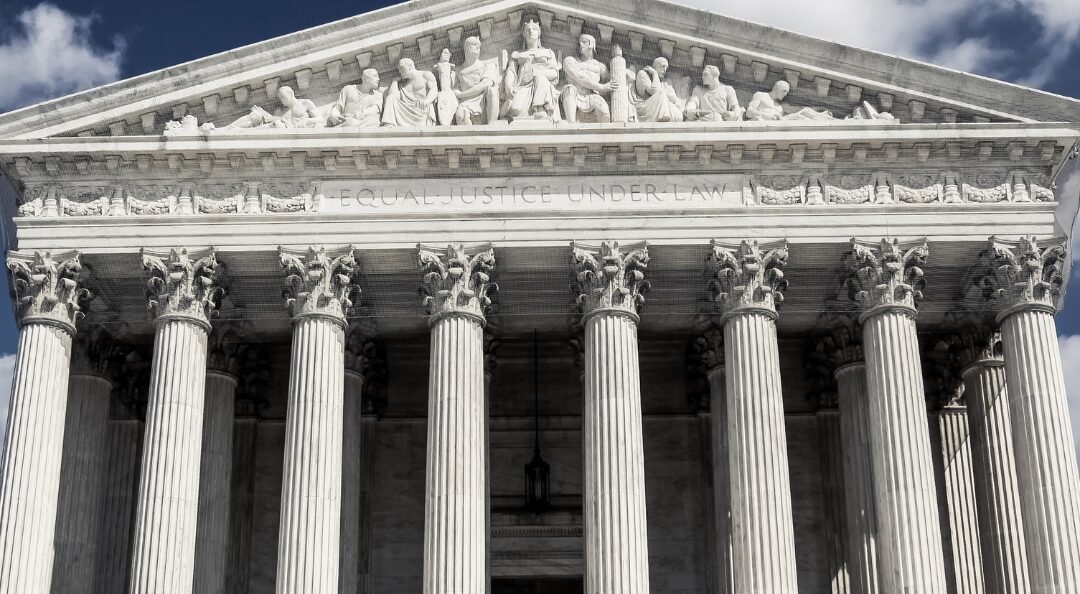On Friday, June 28, 2024, the United States Supreme Court overturned a forty-year-old doctrine that lawyers commonly call “Chevron deference.” Loper Bright Enterprise. V. Raimondo, No. 22,451; Relentless, Inc. v. Department of Commerce, No. 22-1219. The Court put Chevron to rest in its ruling on two cases brought by multiple fishing vessel operators challenging certain regulations set forth by the National Marine Fisheries Service.
While the underlying cases may not have widespread applicability, the Court’s decision will have a ripple effect across the country and impact many business and industry sectors.
Before Loper Bright
The role of administrative agencies has long been to make rules and regulations to clarify acts of Congress. Congress often makes laws referencing governmental agencies and granting them power to interpret and set forth rules and regulations that conform to Congressional statutes. This includes major administrative agencies like the Small Business Administration (SBA), the Equal Employment Opportunity Commission (EEOC), the Occupational Safety and Health Administration (OSHA), and the Department of Transportation (DOT).
Before June 28, 2024, and under Chevron, if a person challenged an administrative agency’s regulation or decision, our court system was required to defer to that agency’s reading of the statute if it was ambiguous and the agency’s interpretation was “reasonable.” Chevron deference was a two-step inquiry for courts to review agency regulations and interpretations of statutes. At step one, courts had to decide whether the underlying statute was clear; if it was, the analysis stopped. If unclear, however, step two required courts to consider whether the agency’s interpretation of the statute—reflected in the challenged regulation—was reasonable. If reasonable, courts were required to uphold that interpretation despite whether courts believed the interpretation was wrong.
Chevron’s Downfall
As Justice Gorsuch wrote in his concurring opinion, “the Court places a tombstone on Chevron no one can miss,” the Supreme Court has made it clear that agencies’ interpretations of statutes are not entitled to deference. Turning to some of our country’s oldest precedents and the Administrative Procedure Act (APA), the Court reasoned that “courts decide legal questions” and that “courts, not agencies, will decide ‘all relevant questions of law.’”
While the holding in Loper Bright expressly overrules Chevron, the Supreme Court notes that courts can still use administrative agencies’ regulations and interpretations to help inform courts’ opinions. Still, ultimately, courts must interpret the meaning of the law. The Supreme Court also reminds us that if a statute delegates authority to an agency within constitutional limits, courts must respect that delegation but ensure that the agency acts only within the delegation.
Impact of Loper Bright
Importantly, the decision in Loper Bright does not make administrative agencies’ regulations obsolete. Businesses and industries should still follow agency regulations and guidance unless and until a court rejects these interpretations.
With that said, the decision in Loper Bright will still have an immediate, albeit uncertain, impact on businesses and industries that administrative agencies regulate. This decision will make challenging agency regulations and decisions that negatively impact a business or industry easier. Courts will now exercise their independent analysis and decide is the meaning of the law without deferring to the agency’s interpretation of Congress’s statutes.
Of course, giving courts this discretion to accept or reject an agency’s interpretation does not necessarily mean that courts will always reject the agency’s interpretation. Because courts’ discretion is now independent, this could lead to courts issuing conflicting decisions as a result of varying approaches in interpretation.
Dvorak Law Group, LLC, has been at the forefront in litigating administrative agencies’ regulations and decisions. If you are considering a challenge to an administrative agency determination, make sure you consult with us early in the process. We can ensure that the proper record is made and kept in the event a legal challenge is necessary.
Please contact us for any questions you may have regarding the decision in Loper Bright and what it could mean for you.

 Seth Moen
Seth Moen
Office: 402.933.3079


Recent Comments